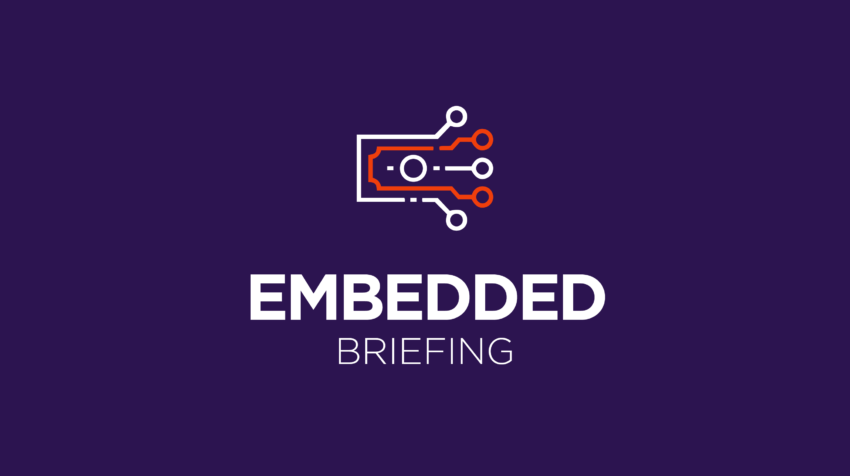Embedded Finance, Member Exclusive
Embedded Briefing: Why did QuickBooks launch an online B2B marketplace?
- Trada by QuickBooks is a B2B online marketplace for wholesale that sits on top of QuickBooks' existing ecosystem.
- The marketplace aims to simplify online selling for SMBs and help them find customers — or as Trada's tagline goes, “It's like a trade show but without the hassle”.








